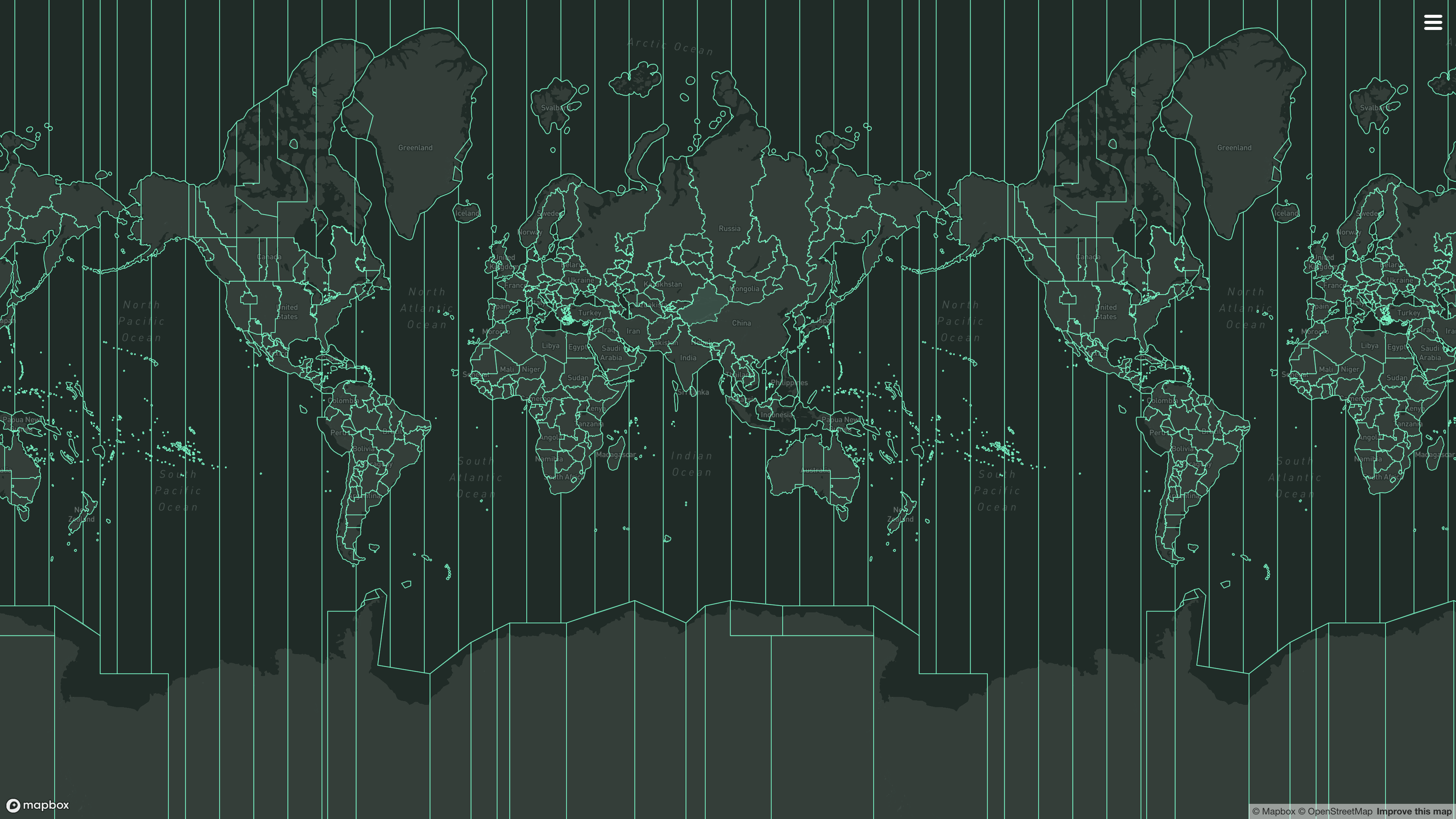
By default, the binary is built as well. If you don't want/need it, then build like this:
bash
cargo build --no-default-features
Or add in the below way:
bash
cargo add tzf-rs --no-default-features
It's expensive to init tzf-rs's Finder/FuzzyFinder/DefaultFinder, please consider reuse it or as a global var. Below is a global var example:
```rust use lazystatic::lazystatic; use tzf_rs::DefaultFinder;
lazy_static! { static ref FINDER: DefaultFinder = DefaultFinder::new(); }
fn main() { print!("{:?}\n", FINDER.gettzname(116.3883, 39.9289)); print!("{:?}\n", FINDER.gettznames(116.3883, 39.9289)); } ```
For reuse it,
racemap/rust-tz-service is a
good example.
A Redis protocol demo could be used here: redizone.
The tzf-rs package is intended for high-performance geo spatial query services,
such as weather forecasting APIs. Most queries can be returned within a very
short time, averaging around 3000 nanoseconds(there is 1000ns slower compared
with Go repo tzf and I will continue to improve that, you can track progress
here).
Here is what has been done to improve performance:
That's all. There are no black magic tricks inside the tzf-rs.
Below is a benchmark run on global cities(about 14K), and avg time is about 3000 ns per query:
test benches_default::bench_default_finder_random_city ... bench: 2,870 ns/iter (+/- 182)
| Criterion result | Pic |
| ---------------- | -------------------------------- |
| PDF | |
| Regression |
|
You can view more details from latest benchmark from GitHub Actions logs.
I have written an article about the history of tzf, its Rust port, and its Rust port's Python binding; you can view it here.
This project is licensed under the MIT license. The data is
licensed under the
ODbL license, same as
evansiroky/timezone-boundary-builder